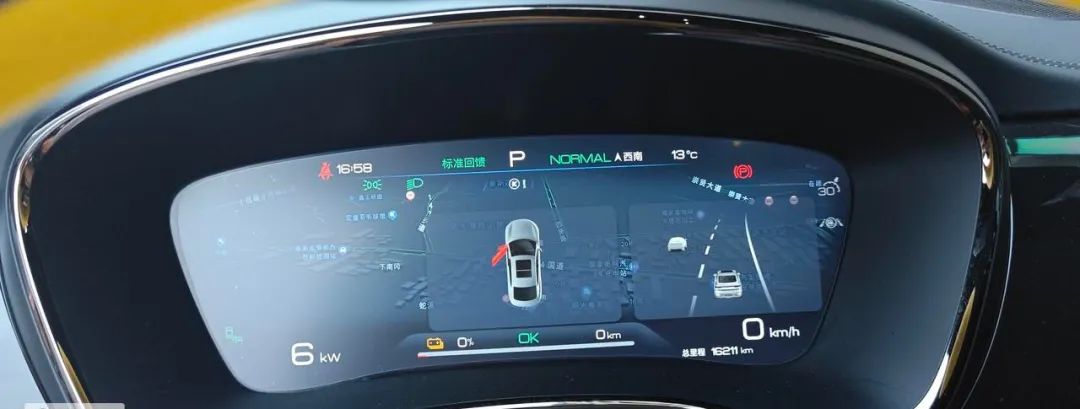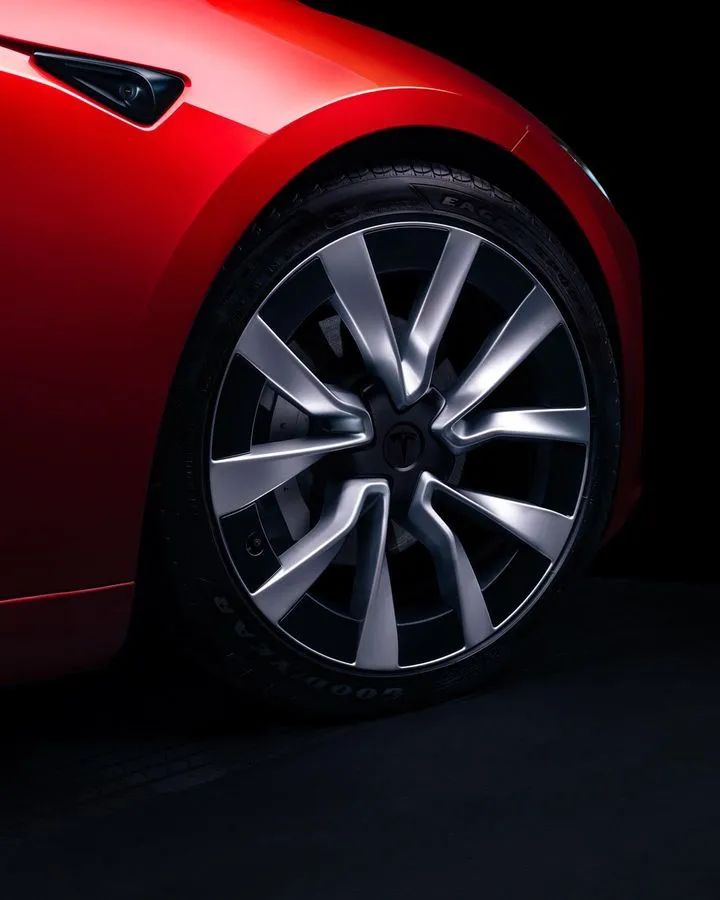BYD forces self-starting engines to steal oil?
Since Great Wall Motor Company filed charges against BYD Auto Company, almost all owners of older BYD cars have received mandatory OTA updates. The update adds a feature to automatically start the engine after a certain period of time to meet emissions requirements. Even those owners who bought a new car and replaced the high-pressure fuel tank will be forced to automatically start the engine after their vehicle has been left for a period of time. Therefore, BYD Automobile Company is jokingly called the "oil-stealing Dee" by car enthusiasts. Half a year has passed, and many consumers who are watching want to know the true attitude of BYD car owners towards this "fuel theft" phenomenon.

Now, we have invited four car owners to share their personal views on BYD's forced self-starting engine.
Driver 1: Destroyer 05 driver
As an owner of a Destroyer 05, the current frequency of self-starting is about once a week, and each start consumes a small amount of fuel.
Regarding the so-called "fuel theft" phenomenon, I feel a little relieved that I can save 4 kilometers of fuel mileage every month. After all, seeing the amount of oil in the tank decrease, I felt that the oil would not be wasted and expired.
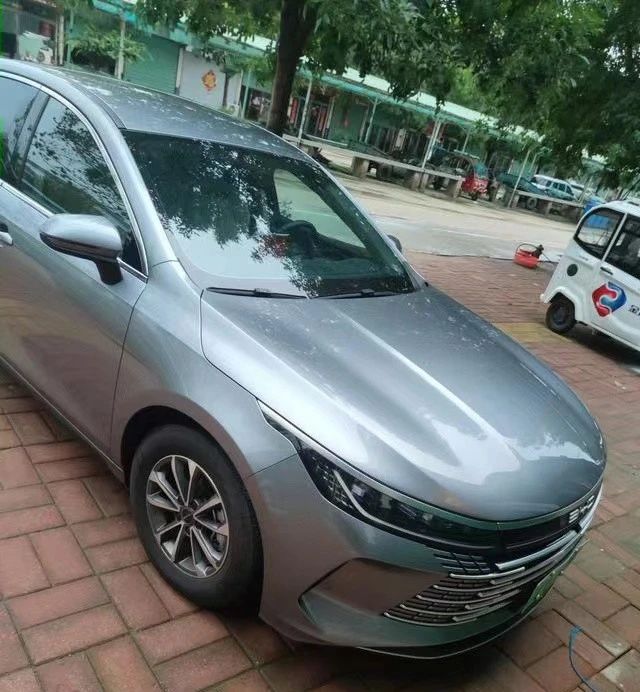
Rider 2: Song plus dmi rider
Is the DMI car malfunctioning? No;
Is the overall fuel consumption of DMI vehicles higher than that of fuel vehicles? No;
Does the DMI car's manual mention this? No.
Force starting the engine to burn some of the oil and vapor in the fuel tank and use it to drive the vehicle or generate electricity to avoid releasing some of the oil and vapor into the air... What's wrong with this?
Whether it is a normal pressure fuel tank or a high pressure fuel tank...if some fuel vapor is not burned, some fuel vapor will be discharged into the air when refueling or when the fuel tank cap is opened. Using intermittent starting and burning oil and gas is a good solution.
Does this have any impact on the driving experience, vehicle functionality and safety? No.
Are DMI vehicles produced in compliance with national standards? Yes.
So, what’s unacceptable about this?
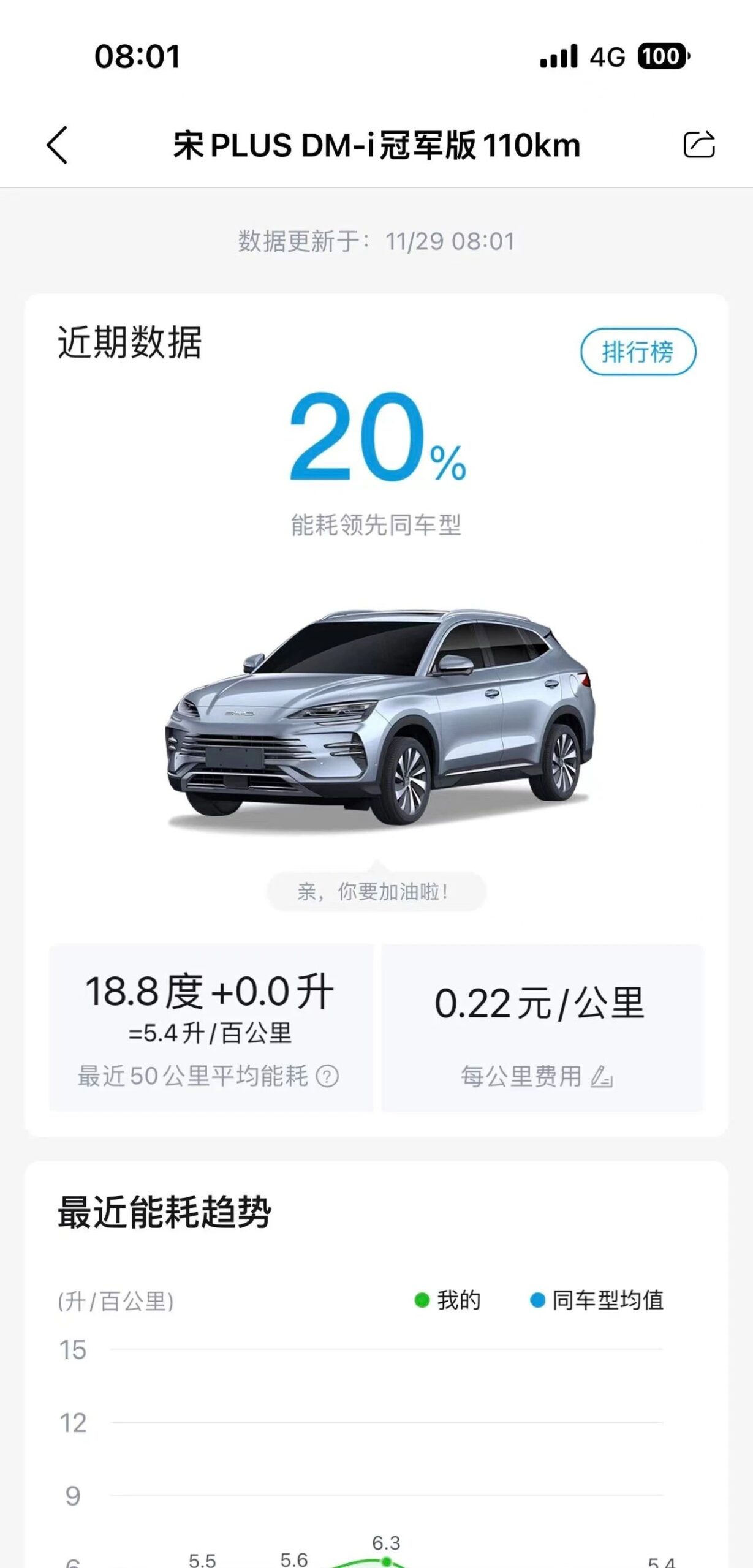
Rider Three: Han DM-i Rider
As a BYD Han DM-i owner, I would like to share my views:
First of all, as far as my personal experience is concerned, I don’t often encounter forced startup. Probably once a month, I haven't counted it in detail, it may be related to my driving habits, because I use oil to drive the vehicle almost every week.
Secondly, from an experience perspective, it’s really not very good. Not because it forces the engine to start, but because after I get used to pure electric driving, once the engine is started, the overall driving experience will decline. To be honest, BYD's hybrid is not as well publicized, and it is still obvious when the engine is running.
In the end, it's not a big deal to me personally as to whether to accept it or not. I don't have good charging conditions and have to run the vehicle on gas a lot, which doesn't bother me that much.
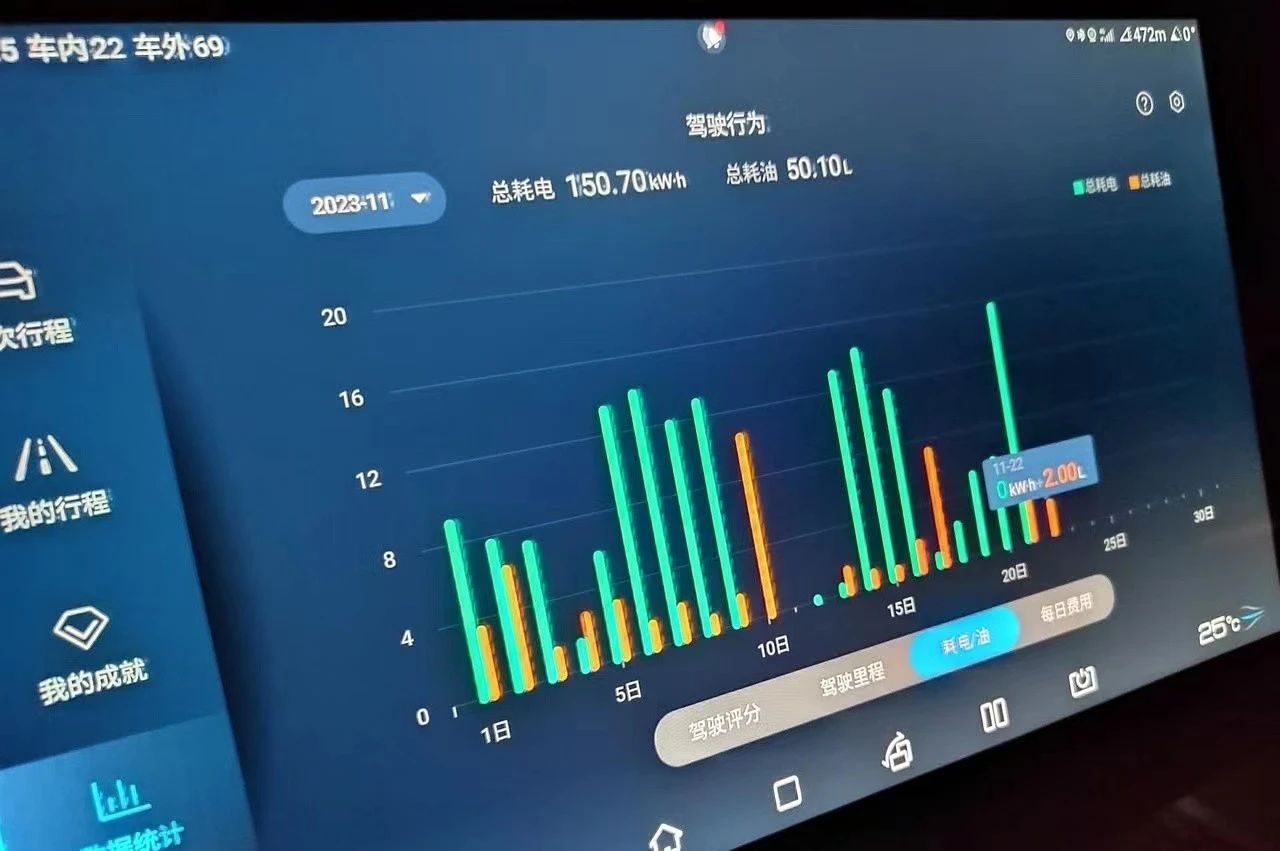
Rider Four: Destroyer Rider
As a destroyer owner, I start the engine by myself about once a week, which consumes about 1 kilometer of fuel each time. Sometimes when waiting for a traffic light in EV mode, or just after filling up the tank, the engine starts and makes as much noise as a tractor.
At first I felt speechless, but then I thought about it, the burned oil has been converted into electrical energy and stored, and the total mileage is still the same, so I don't care about it anymore.
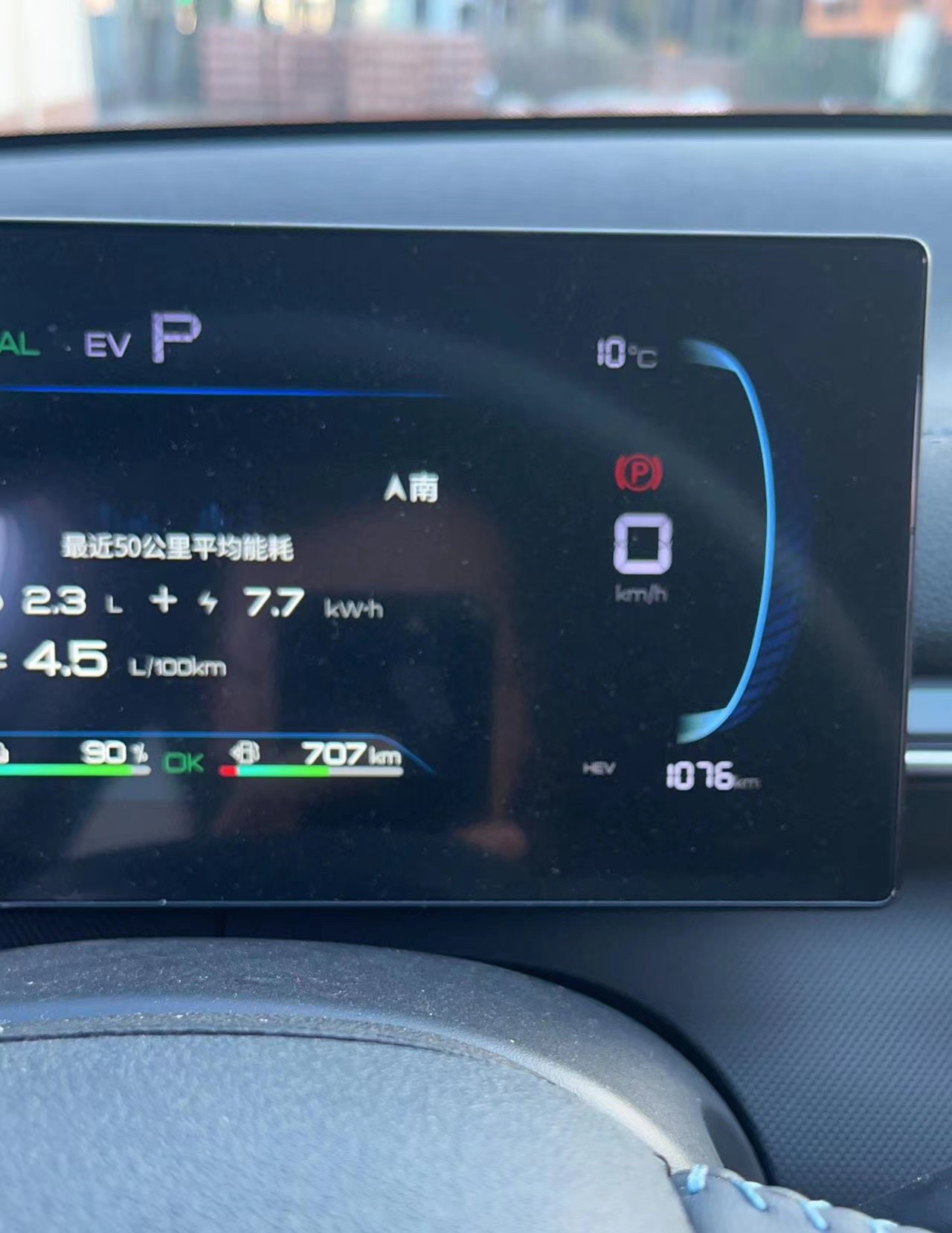
in conclusion:
In fact, the conclusion is obvious: What car enthusiasts are concerned about is not the so-called "fuel stealing" phenomenon, but the lack of experience and engine noise caused by it.
In fact, starting the engine does not mean empty oil burning, but converts the oil into electrical energy and stores it. Except for the loss of some electricity when starting with full power, there will be no loss at other times.
In addition, the frequency of starting the engine is related to the number of times the hybrid mode is used. If you use hybrid mode frequently, the engine will not start automatically too frequently.
The above is the full content of BYD forces self-starting engines to steal oil?





